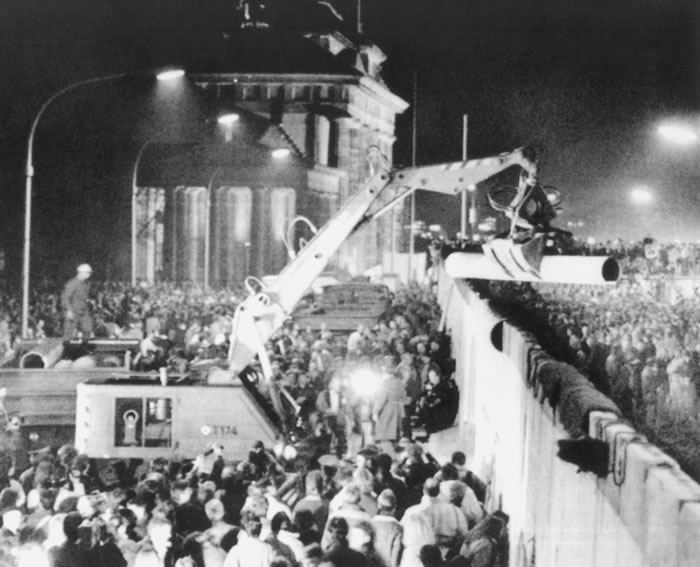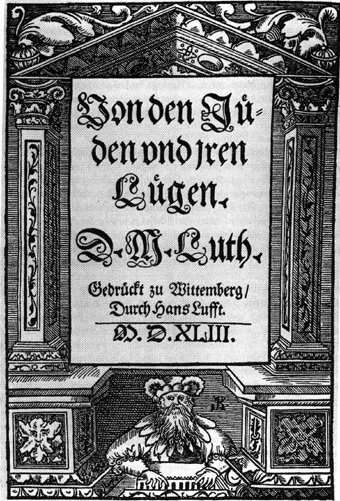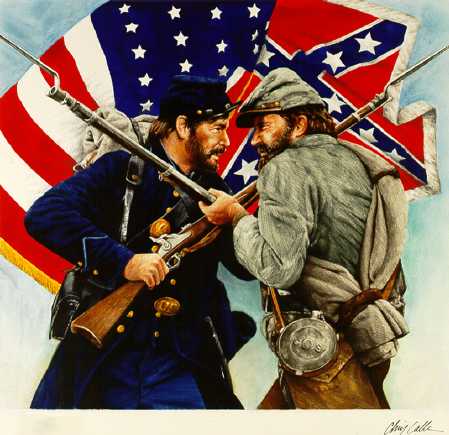Rebuilding
after World War II was incredibly complicated. For a while there, it seemed
like Hitler had control, especially as he spread his reign across Europe.
However, on page 278, Schulze says the only reason he had to go to more
countries was because he was losing allies left and right and had to keep
reaching out to other countries in order to gain some back. It was
also interesting that Schulze painted the Allies in a bad light at first once
Hitler fell. To Germany, we and the British were “terrorists.” It’s interesting
that we aren’t taught how badly we destroyed Germany in school. In reality, we
were kind of terrorists. We were killing people who might have had nothing to
do with Hitler’s regime and basically destroyed most of the country. Sure, we
did a lot for the West Germans once the territories were split up, but the fact
that we created some of the problem makes us look a little less
high-and-mighty. Are we really better than what Hitler was doing?
There
are also parallels between the end of the war, and the end of the Occupation
which is interesting. On page 283, Schulze says, “Such is the nature of
totalitarian regimes, however, that they cannot be brought down by ordinary
citizens but only those within the power structure itself.” Upon reading this, I
immediately thought of the Berlin Wall. The only way the wall fell was because
the people in charge made a damning mistake during a press conference. The
people took it out from there. But if it had not been for the accidental slip,
it probably would have been a bit longer before the wall finally came down. The
same thing happened with the fall of Hitler. He was losing support from other
countries and it took his death to finally bring down his regime. He would not
have been able to be conquered had his plan not started falling apart.

I
also found it incredibly ironic that once American and the Allies had control
over part of Germany that they tried to impart their government systems and
other things they already were using in their own countries, and it didn't work. It reminds me of what we’re trying to do today with Iraq and Afghanistan and many other countries. We keep trying to force ourselves into situations
that maybe we shouldn't be a part of and it never seems to work out. This is
incredibly ironic, since it doesn’t seem to be working out in our own country!
But we do it anyway! On page 292, Schulze says the idea of popular government
failed—it’s still failing in the U.S. Also says a few pages earlier that we took
drastic measures in order to ensure Germany could never threaten another
country again. Yet look at what has happened. Germany is a great advocate for
all sorts of issues (like the U.S. spying scandal) and now we are the ones
terrorizing other countries. We spied on Germany and Brazil for no reason. We
invaded Iraq because we decided they needed us. We think we’re responsible for
Iran. I just find it so funny that we were afraid Germany would be this global
terrorist yet no one is stepping in to stop us from doing exactly what we were
afraid of them doing. That says something about what Germany has learned during
war, and what we haven’t.




 On the one hand,
Marx’s ideas were where the conflict in Berlin began. He laid down the principles
for communism, urged rebellion against the elite. Yet there are streets named
after him, monuments idolizing him and can be connected to the reason the wall
fell. I wish they would have gone more in depth on Marx’s influence and what
his exact teachings were in the film, but they did hit the main points. He
wanted a “Red Berlin” and urged the proletariat or working class to rebel
against those above them. Hitler forced his way in to power that way, and the
government post-WWI had to work very hard to keep the people from protesting as
well. But in the end, it is Marx’s idea of the lower class overcoming the upper
class that caused the fall of the GDR and the wall. It began with the
government losing its grip on the people as they emphasized in the last part of
the film, and then the people finally rising up against their leaders and
reclaiming their community. So perhaps it is not ironic after all that they
memorialize Marx for being such a beginner of war and as well as the initiator
of freedom.
On the one hand,
Marx’s ideas were where the conflict in Berlin began. He laid down the principles
for communism, urged rebellion against the elite. Yet there are streets named
after him, monuments idolizing him and can be connected to the reason the wall
fell. I wish they would have gone more in depth on Marx’s influence and what
his exact teachings were in the film, but they did hit the main points. He
wanted a “Red Berlin” and urged the proletariat or working class to rebel
against those above them. Hitler forced his way in to power that way, and the
government post-WWI had to work very hard to keep the people from protesting as
well. But in the end, it is Marx’s idea of the lower class overcoming the upper
class that caused the fall of the GDR and the wall. It began with the
government losing its grip on the people as they emphasized in the last part of
the film, and then the people finally rising up against their leaders and
reclaiming their community. So perhaps it is not ironic after all that they
memorialize Marx for being such a beginner of war and as well as the initiator
of freedom.




 also
consisted of regions fighting regions. While the Civil War lead to unity, the
Thirty Years War lead to revolutions of different kinds. Martin Luther
introduced his new religion. Out of that it was eventually decided that
religion in the regions would be based on the preference of the ruler. The
European Empire was to be equally represented by Protestant and Catholics and
the central government was split among nations in the middle of the continent. Once
again, sound familiar?
also
consisted of regions fighting regions. While the Civil War lead to unity, the
Thirty Years War lead to revolutions of different kinds. Martin Luther
introduced his new religion. Out of that it was eventually decided that
religion in the regions would be based on the preference of the ruler. The
European Empire was to be equally represented by Protestant and Catholics and
the central government was split among nations in the middle of the continent. Once
again, sound familiar?
